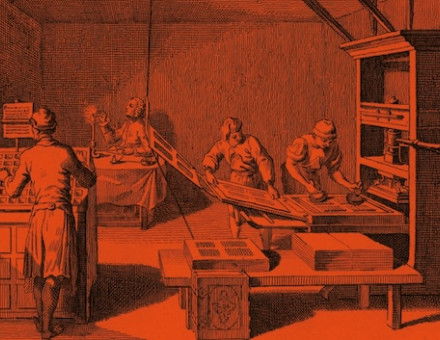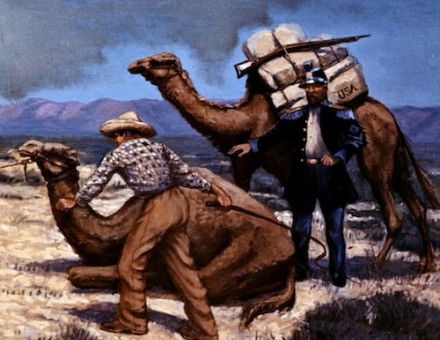What is the History of Popular Culture? (ii)
Historians ask, what constitutes the history of popular culture?
We may think we know what we mean by the term. 'popular culture'. At any rate, we thought we knew what we meant by it when we discovered – in the early 1970s in my case, as in so many others – that it had a history. We decided that we would study the history of the excluded, the dominated, the subordinate groups and classes (whom we refused to call 'the masses') and not only their standard of living but their culture as well. Readers will have noticed that this defines popular culture by what it is not. A positive definition is much more difficult, because the phrase contains two serious ambiguities. Both 'popular' and 'culture' are problematic terms.
Firstly, who are 'the people'? Are they the poor? the powerless? the uneducated? These are negative terms again. And in any case, since all children are brought up by adults, what does 'uneducated' mean? Do different subordinate groups – male and female, young and old, urban and rural – share the same culture and in every society?





